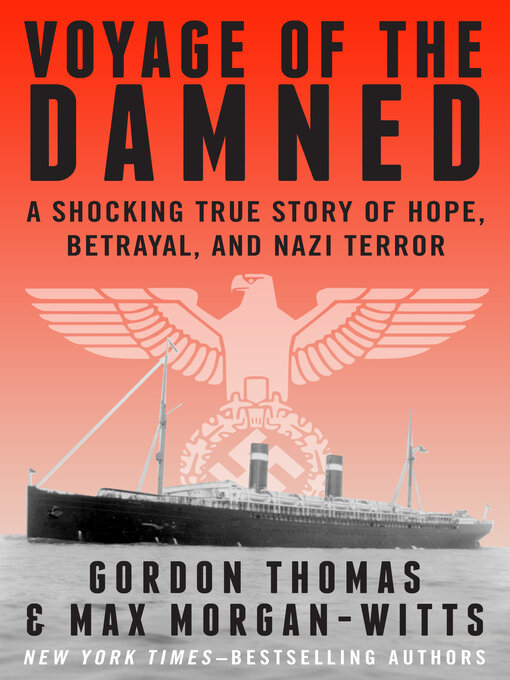- Available now
- New eBook additions
- New kids additions
- New teen additions
- Most popular
- Try something different
- Code Red
- Disability Visibility
- Social Media Darlings
- Indigenous Voices
- Cozy Up with a Mystery
- Colleen Hoover Read-Alikes
- Armchair Travel
- See all
- Available now
- New audiobook additions
- New kids additions
- New teen additions
- Most popular
- Try something different
- Read by the Author
- Disability Visibility
- Social Media Darlings
- Indigenous Voices
- Cozy Up with a Mystery
- Colleen Hoover Read-Alikes
- Armchair Travel
- See all

